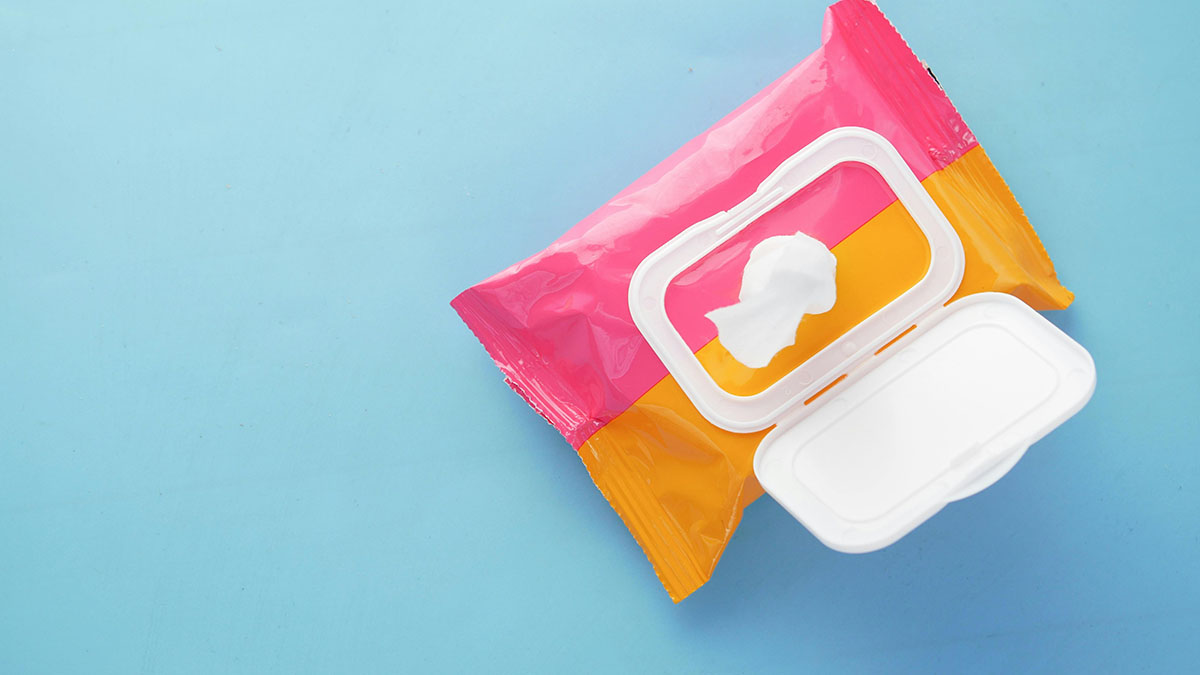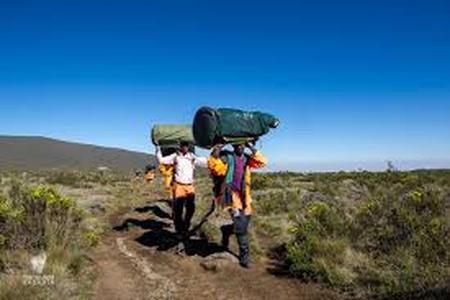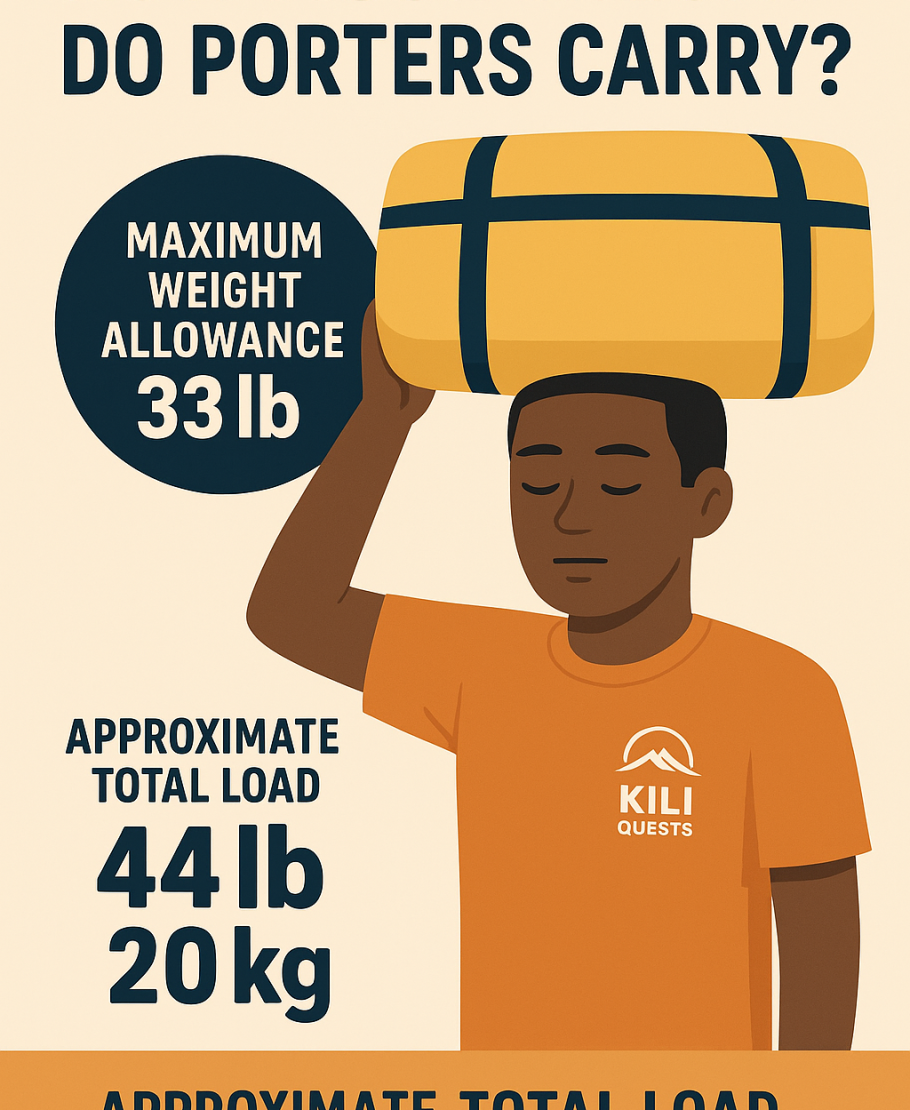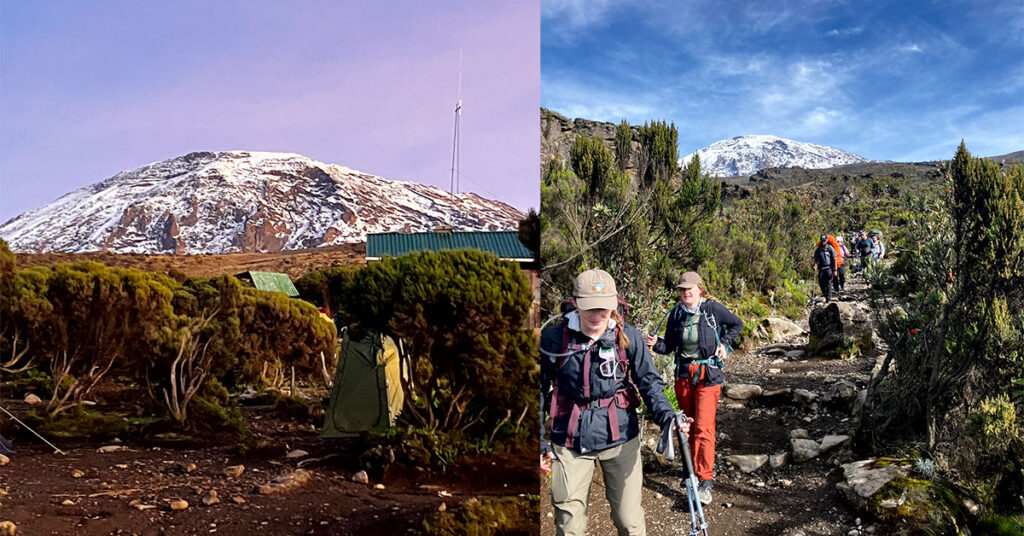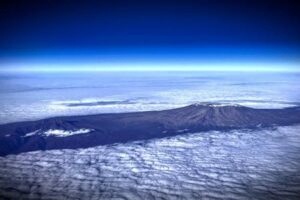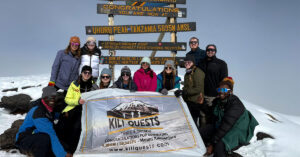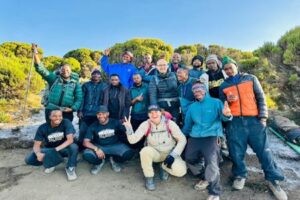Table of Contents
Hygiene on Mount Kilimanjaro: Showers, Water, and Staying Fresh While Trekking
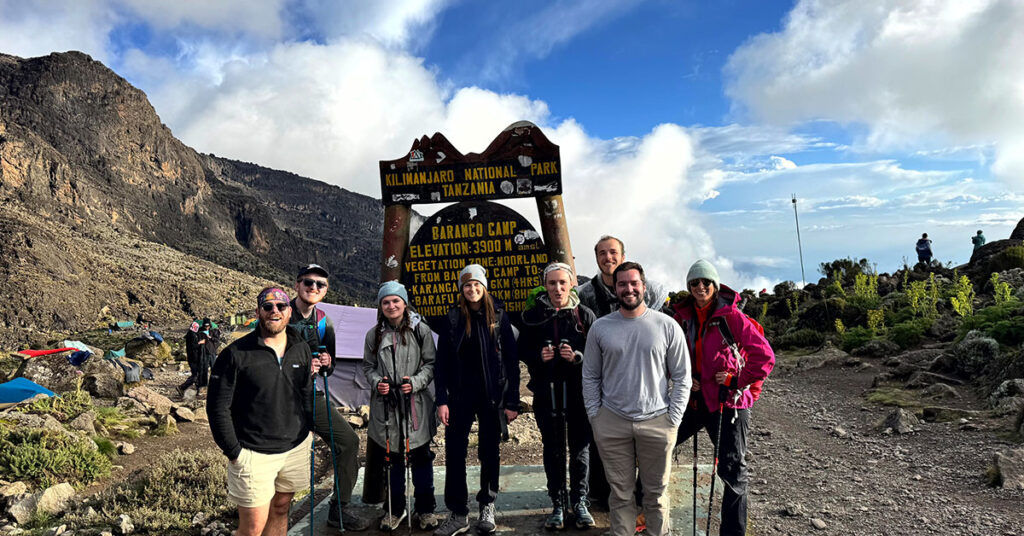
Showers on Kilimanjaro: What You Can Expect
- Select camps include private shower tents for Premier trekkers. Our team sets up warm, clean water units — so you can enjoy a refreshing rinse after a long hike. This comfort feature is ideal for those who want added cleanliness during the trek.
How to Stay Clean Without Showers
- Hygiene wipes and wet towels: Lightweight and effective for wiping down at camp.
- Sponge baths: Your porters will provide a small bowl of water for washing face, hands, and underarms.
- Dry shampoo or body powder: Useful to absorb sweat and reduce odors.
Water on Kilimanjaro: Hydration and Hygiene
- Your guides purify water from mountain streams using filtration and tablets. This water is safe for drinking and for basic cleaning.
- Porters provide limited amounts of water for face and handwashing. Use sparingly. A collapsible water bottle is helpful for keeping some clean water with you.
- Trekking at high altitudes requires 3–4 liters of water per day. Hydration supports your body’s adjustment to altitude and helps avoid sickness — don’t neglect it.
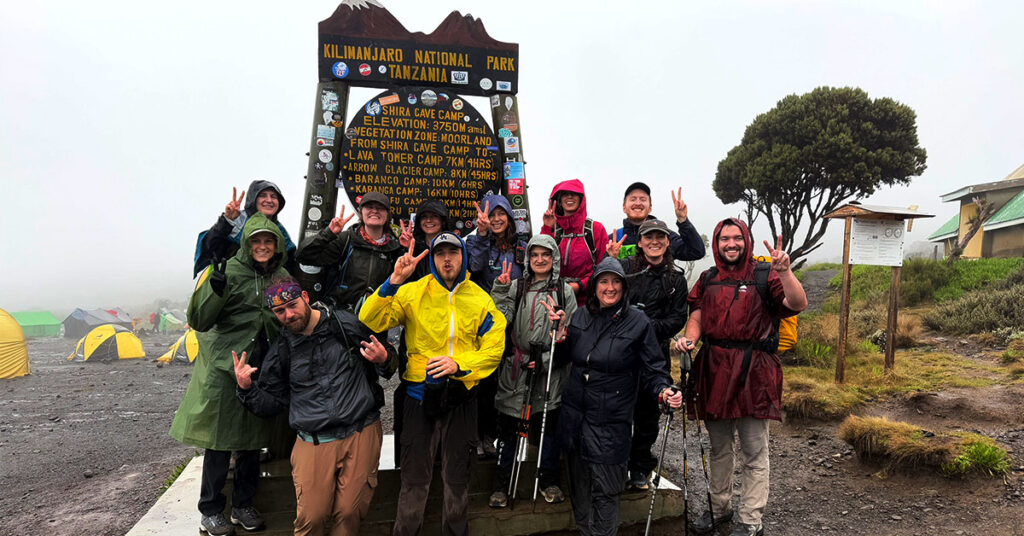
Staying Fresh & Comfortable on the Trail
- Change clothes daily: Quick-dry shirts, clean socks, and undergarments make a huge difference.
- Foot care: Air out your feet at camp, use foot powder, and change socks to prevent blisters.
- Deodorant & spray: Travel-sized options help manage odor.
- Breath refreshers: Gum or mints keep your mouth feeling fresh on the trail.
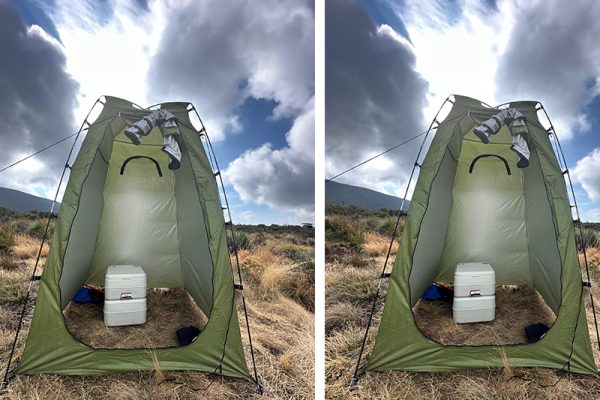
Respecting the Environment: Clean Trekking Practices
- Use biodegradable soap and wipes only.
- Carry your waste: Never leave tissue or plastic behind. Kili Quests provides trash bags at every camp.
- Avoid overuse of water from natural sources — it’s a shared resource.
Personal Hygiene Kit: What to Pack
Here’s what to bring for a clean trek:
- Hygiene wipes or wet towels
- Biodegradable soap
- Small washcloth or sponge
- Quick-dry clothes and underwear
- Foot powder
- Deodorant
- Toothbrush and toothpaste
- Breath mints or gum
- Moisture-wicking socks
- Small quick-dry towel
FAQs: Staying Clean on Kilimanjaro
Qn 1.Can I take a shower while trekking Kilimanjaro?
Qn 2. What if I don’t have access to a shower?
Qn 3. Is the water on Kilimanjaro safe to use for hygiene?
Qn 4.What happens to used hygiene waste like tissues or wipes?
Qn 5.What are the best hygiene items to bring?
Ready to Trek Kilimanjaro with Comfort?
Related Articles
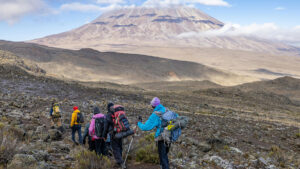
Kilimanjaro Climb Timing 2025: Seasons & Weather Tips
Table of Contents Best Time to Climb Kilimanjaro: Seasons Explained | Kili Quests Understanding the Best Time to Climb Mount Kilimanjaro Wondering when to

Stay Clean on Kilimanjaro: Showers, Wipes & Hygiene
Table of Contents Hygiene on Mount Kilimanjaro: Showers, Water, and Staying Fresh While Trekking Maintaining good hygiene during your Mount Kilimanjaro trek is essential for
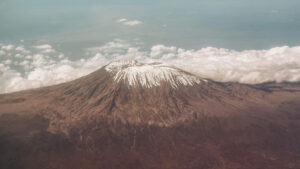
Mount Kilimanjaro Overview: Location, Height & Trek Info
Mount Kilimanjaro, Africa’s highest peak, stands tall at 5,895 meters (19,341 feet) above sea level. Located in northern Tanzania, this iconic free-standing volcano draws thousands of trekkers each year. Whether you’re planning your first summit or comparing routes, this comprehensive guide covers everything you need to know—from choosing the best route to preparing for altitude and understanding what to expect on the mountain.


